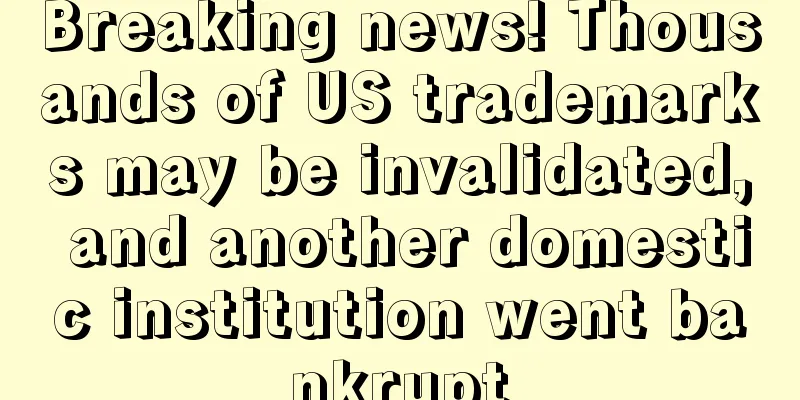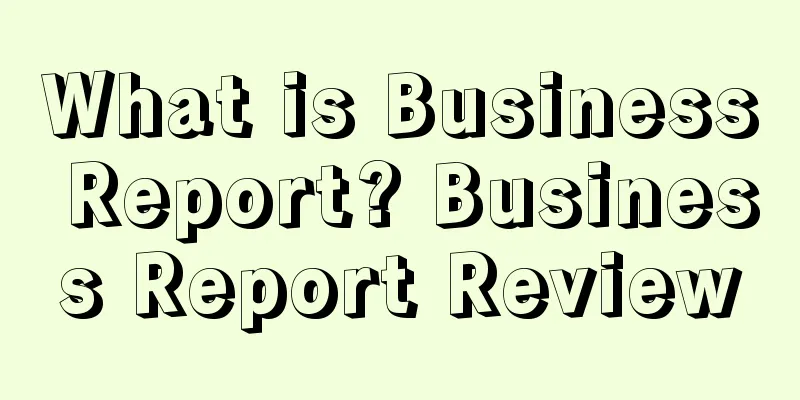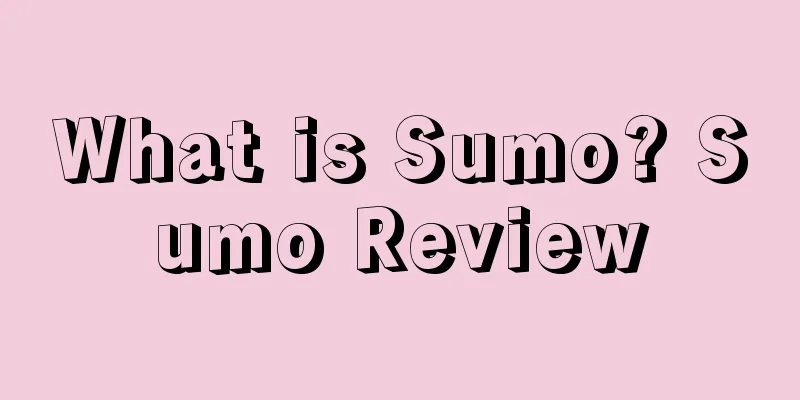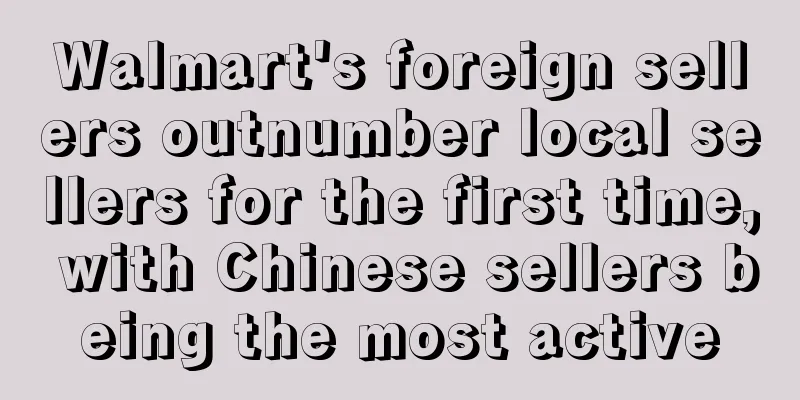|
As the compliance process of the cross-border e-commerce industry advances, Amazon has once again tightened its inspections on restricted products. It is learned that recently, a piece of news about " tens of thousands of listings were mistakenly deleted by Amazon AI " swept the cross-border circle. Industry media reported that Amazon is conducting a large-scale investigation of banned words . Currently, many sellers have been deleted because their listings contain related words and have been judged to have violated the restricted product policy: ASIN was incorrectly flagged as violating the restricted product policy because it contained "Persian Carpet" I have already had tens of thousands of listings deleted. It has a great impact on account health rate When will Amazon deal with the misjudged listings? Due to the wide range of issues involved, many sellers believe that this is the result of a misjudgment by Amazon’s “not very intelligent” AI machine scanning.
However, based on the feedback from sellers, the banned words marked by Amazon this time mainly include Turkish, Persian/Persia, Aydin, Bohemian, Adja, Asher, Moroccan, Izil, etc. It can be seen that many of the banned words marked are place names. Therefore, many sellers speculate that the banned words checked this time may be related to the trade control laws of the Amazon platform, that is, most of the words marked are words that violate the sanctions policy. After the incident, some sellers revealed that they received a reply from Amazon: some ASINs of the sellers were marked as restricted products, possibly because they violated the sanctions. The platform's trade control law page shows that products imported or originating from the following countries are not allowed to be sold on Amazon: Cuba, Iran, North Korea, Syria, Ukraine, and Crimea . In addition, we also learned that since June this year, there have been frequent reports in the industry that a large number of listings selling non-restricted products have been misjudged. Previously, a large number of sellers reported that their products were judged to be living plants, etc. Although the misjudged listings have been automatically restored one after another, they still affected the sales of some sellers. From this, it can be seen that the recent Amazon AI machine scanning is not only extensive, but also relatively strict. While preparing for the peak season, you should also pay more attention to avoiding related restricted keywords to prevent your listings from being marked and deleted by the platform. It is worth mentioning that in addition to Amazon’s large-scale machine scanning of banned words, a sudden trademark scandal in the industry has also attracted high attention. It is learned that recently, the United States Patent and Trademark Office (USPTO) issued a ruling document, which shows that American lawyer Lan Yu is suspected of illegally authorizing a Chinese agent to submit trademark applications using his name and account, and the 7,000 US trademarks he represented may be cancelled.
According to the documents, the lawyer is from Houston, Texas, and obtained an account with the USPTO to submit trademark registrations in 2019, and it was clearly stipulated that the account was only for the lawyer's personal use . However, industry sources said that in the same year, the lawyer signed a cooperation agreement with an institution in Shandong, China, and allowed personnel from the institution who did not obtain relevant qualifications to use his USPTO account, lawyer qualification certificate, and forge his signature on trademark documents . According to the document, the lawyer's actions and inaction not only undermined the integrity of the U.S. federal trademark registration process, but also damaged the intellectual property rights of trademark applicants and registrants; and the institutions involved engaged in conduct involving dishonesty, fraud, deception or false statements, which constituted professional misconduct. At present, the institutions involved have submitted 7,000 trademark registration documents, most of which are Chinese sellers. Judging from the documents, these trademarks may be cancelled due to the improper behavior of the defendant lawyers and the institutions involved, and the relevant trademark holders will be the most affected. Given that e-commerce platforms will mark related stores as brand abuse due to trademark cancellation, the most important issue for related sellers at the moment is how to avoid trademark damage affecting stores. In this regard, some sellers pointed out based on their experience with previous trademark failures that relevant sellers can provide real evidence of use now, re-register a trademark with the same name, and then cancel the old trademark at an appropriate time to make a parallel replacement . However, some sellers also believe that the safest way is to re-register a new account and then register the brand . As of press time, there has been no new development on this incident and the final direction of development has not yet been determined. We will continue to pay attention to subsequent developments. If you have any latest news on the above incident, you can also share it in the comment section. It is also worth noting that industry insiders have previously pointed out that perhaps because of the surge in trademark applications in the United States in recent years, the USPTO is strengthening its supervision of agencies , and the risk of related trademark failures will also be greatly increased. As the saying goes: It is better to be safe than sorry. Here, we also recommend that you choose a formal agency when applying for overseas trademarks. You can log in to the Trademark Office of the State Intellectual Property Office to check whether the agency has relevant records. If necessary, you can ask a trademark lawyer to show the relevant practice certificate. What do you think about the above news? Welcome to discuss in the comment area~
|










